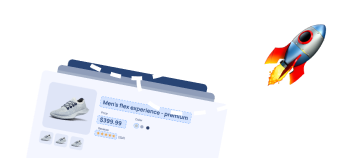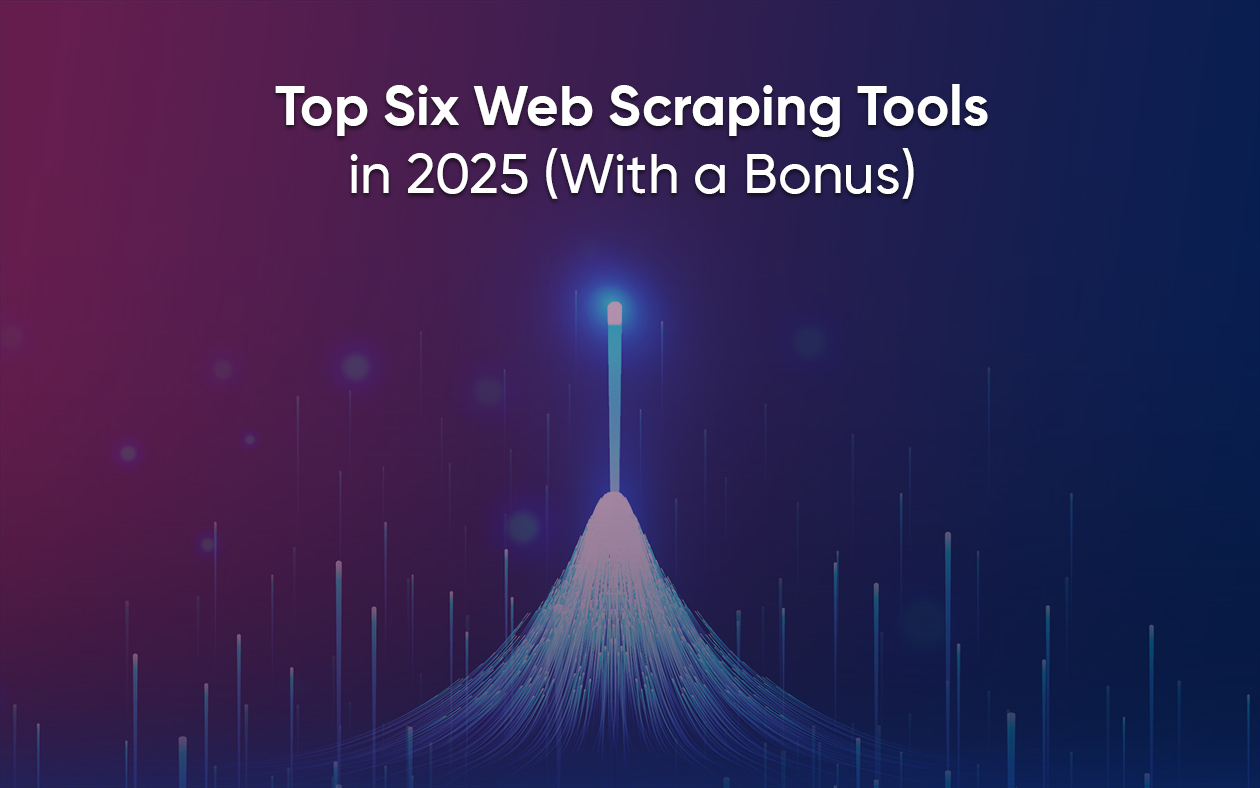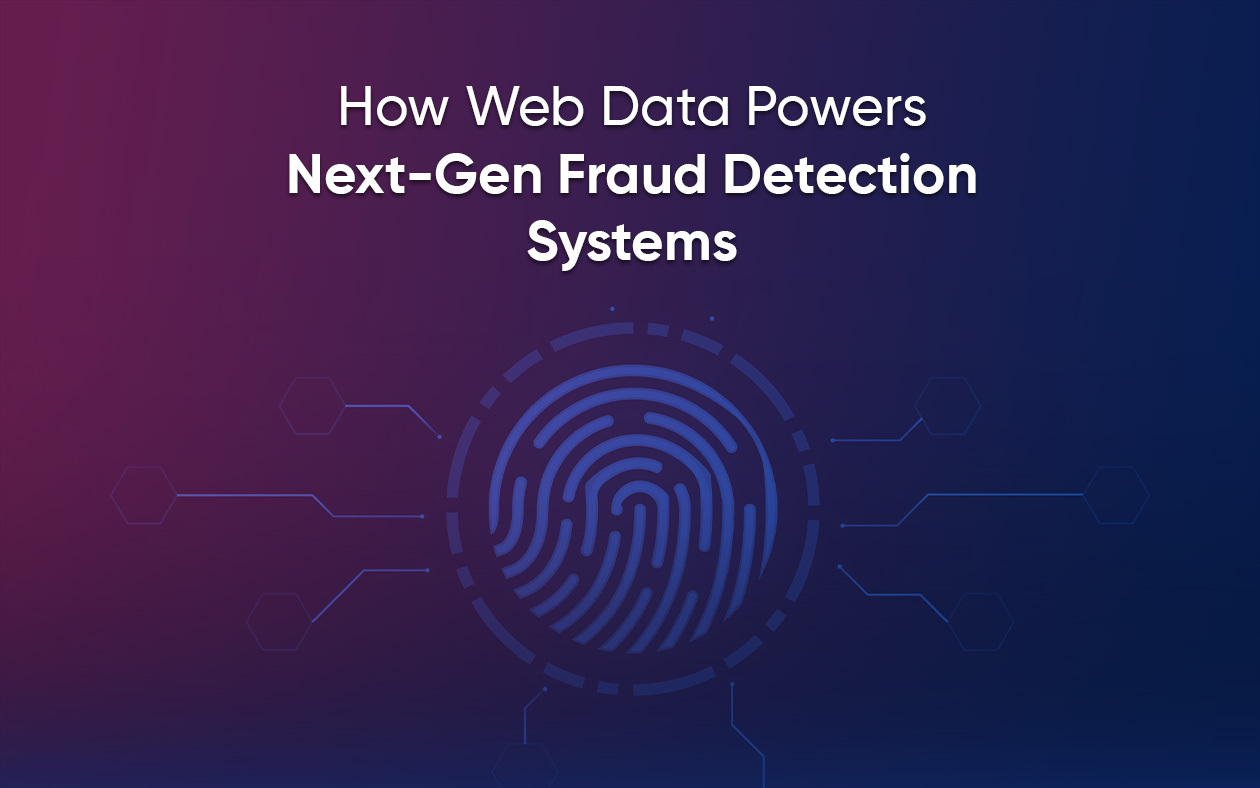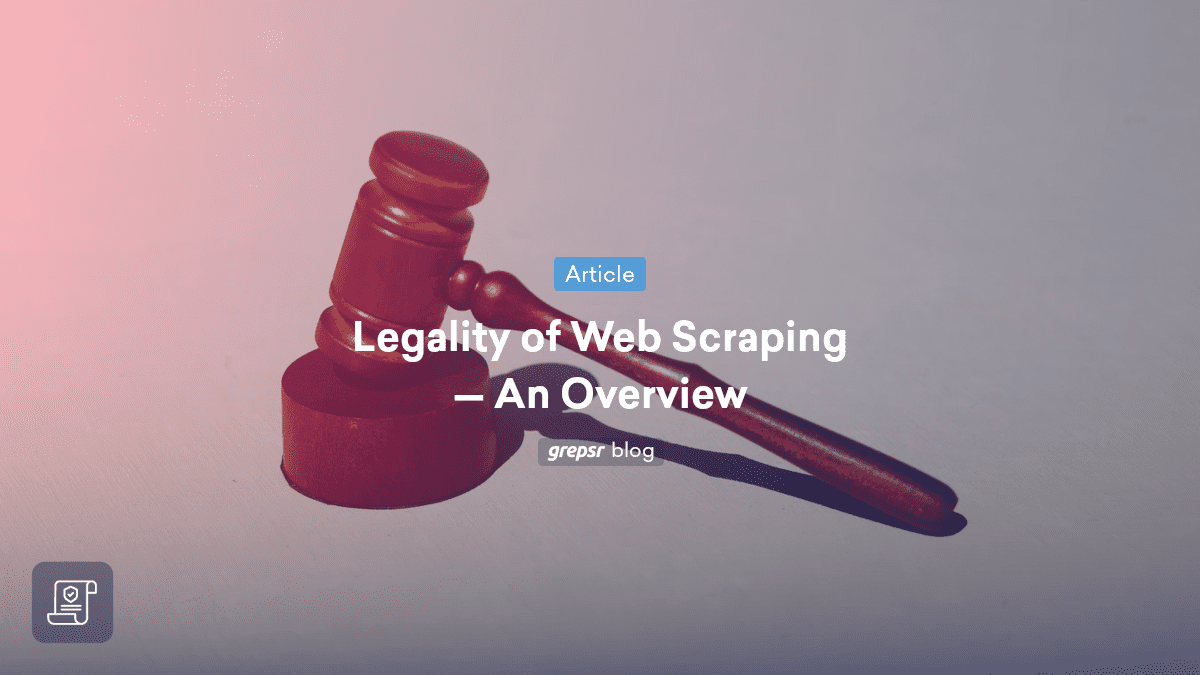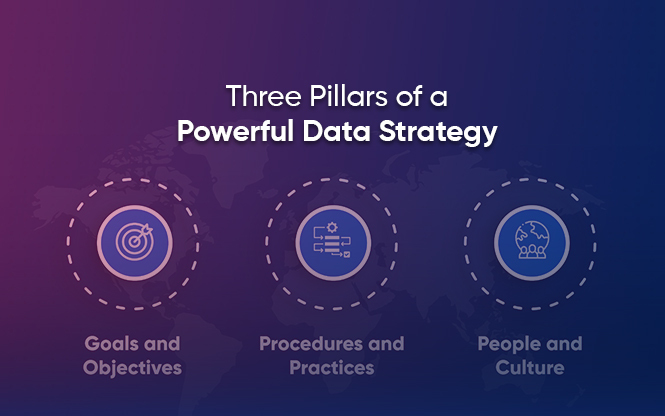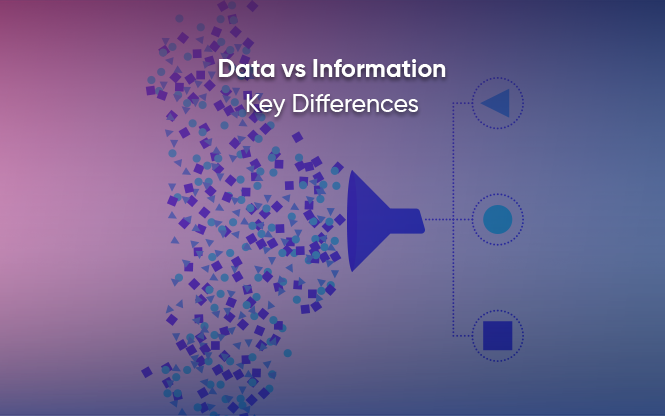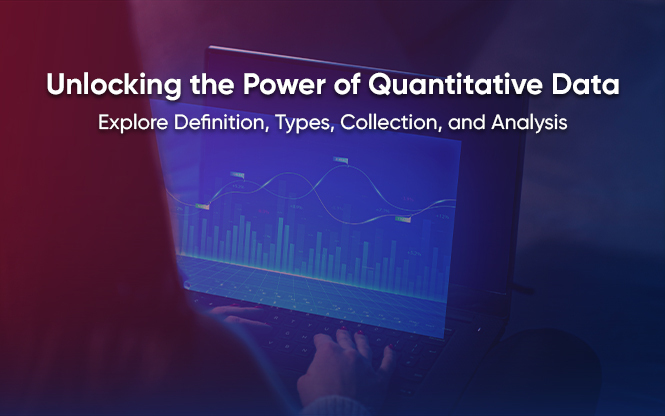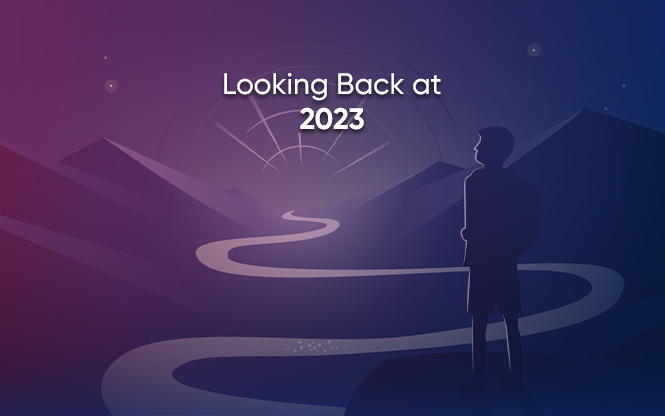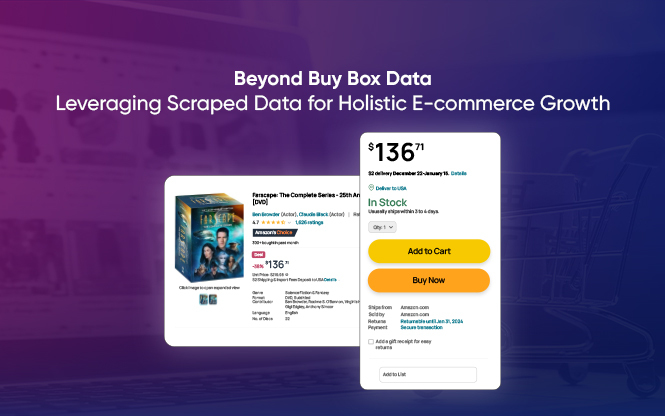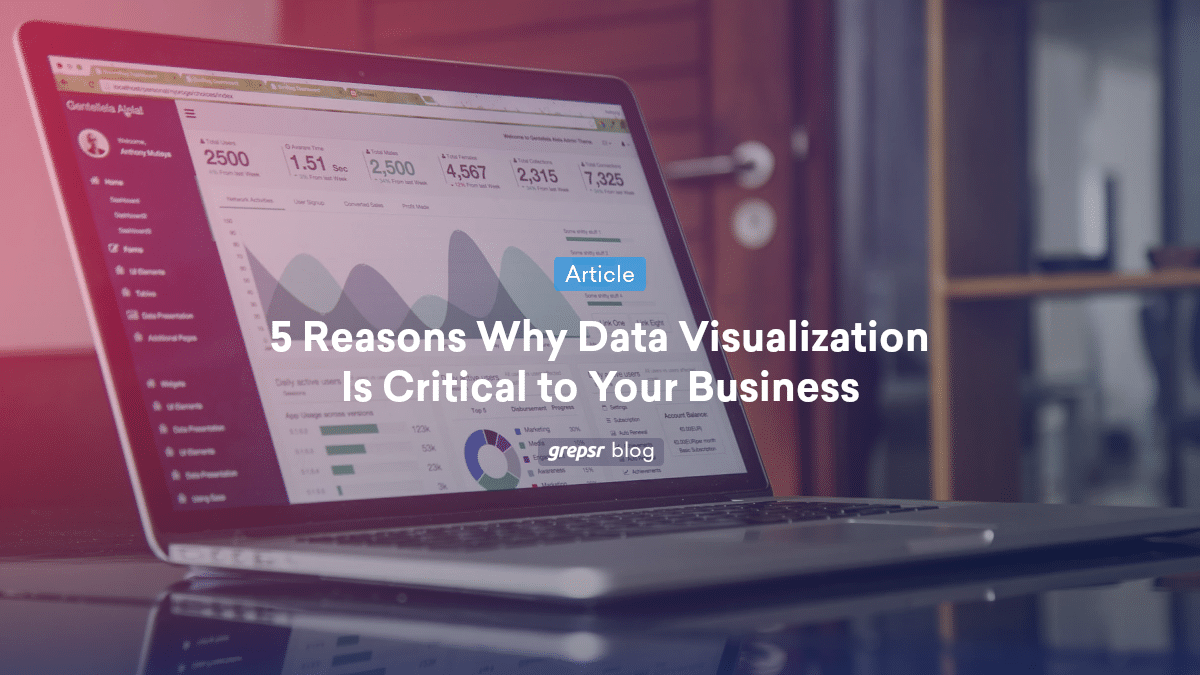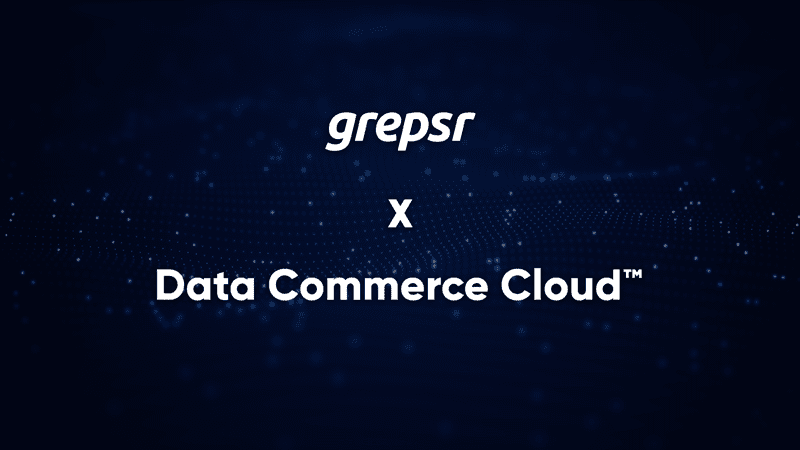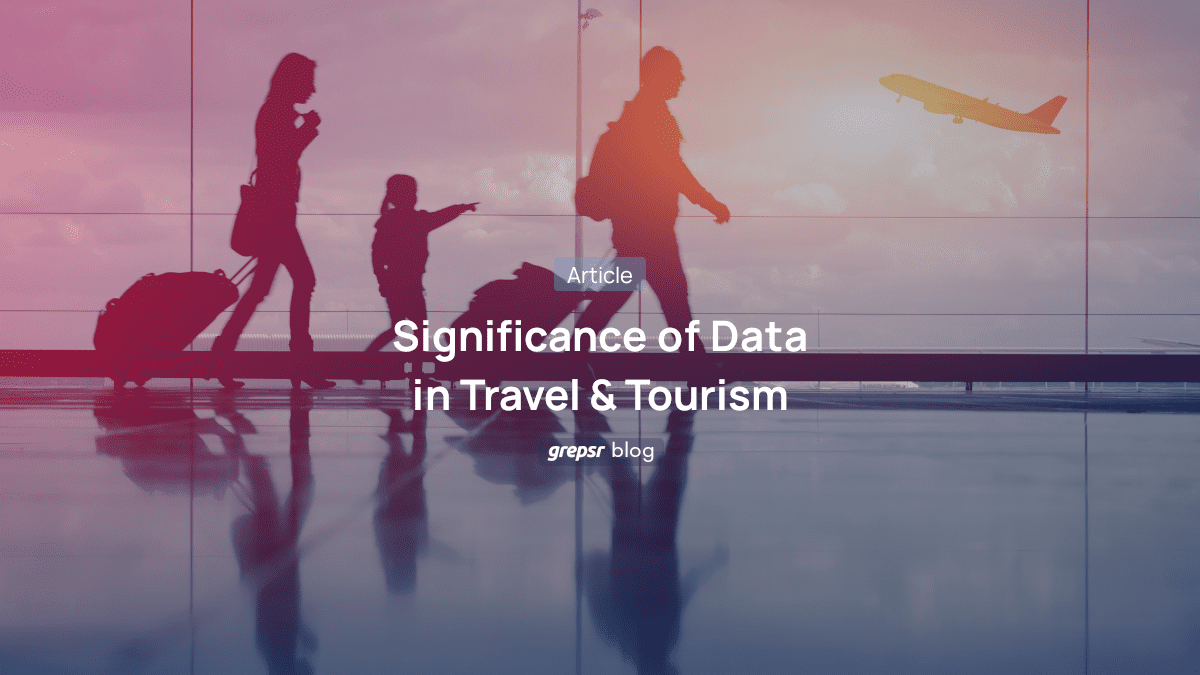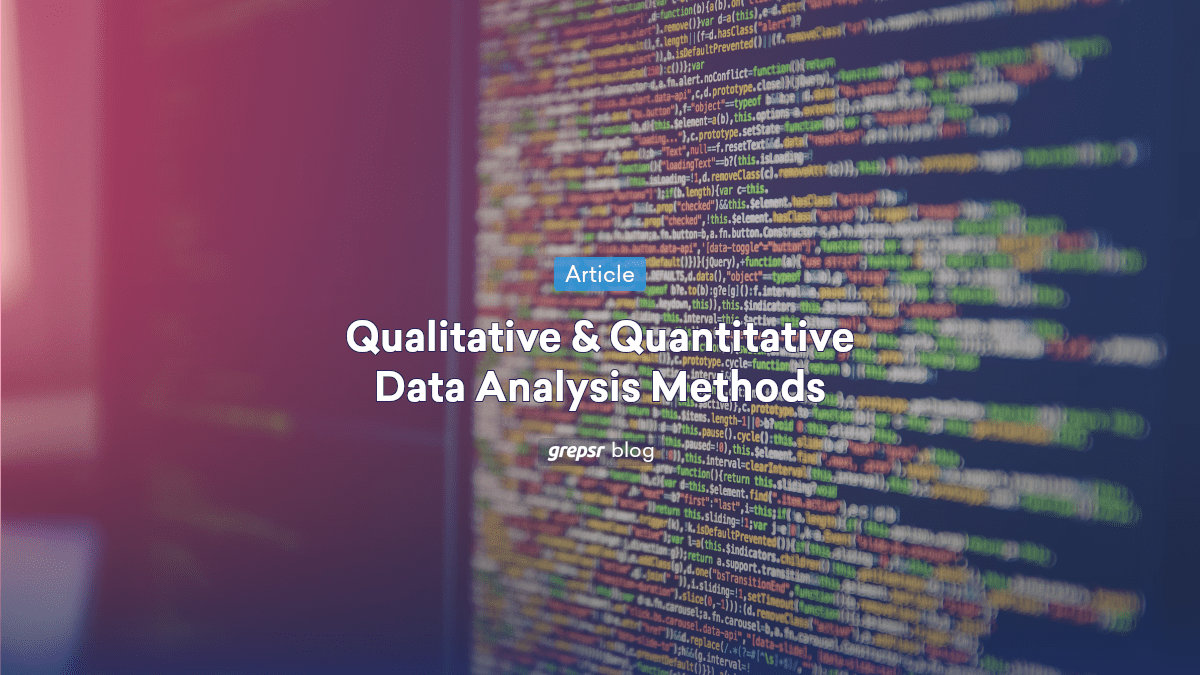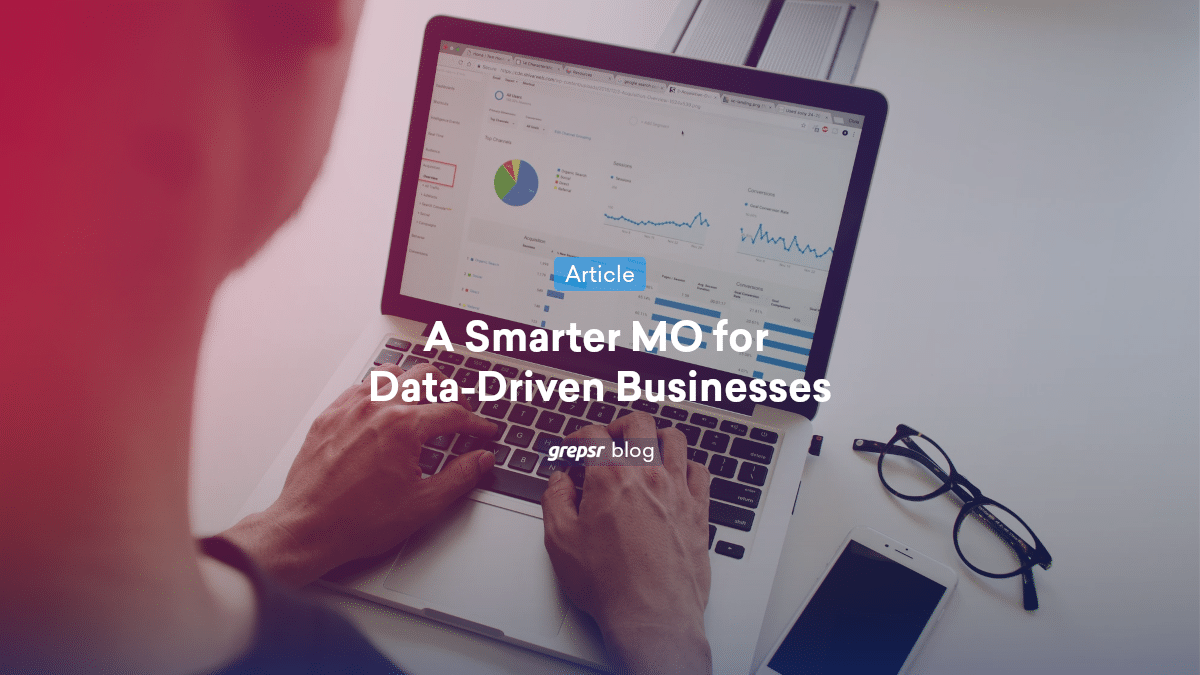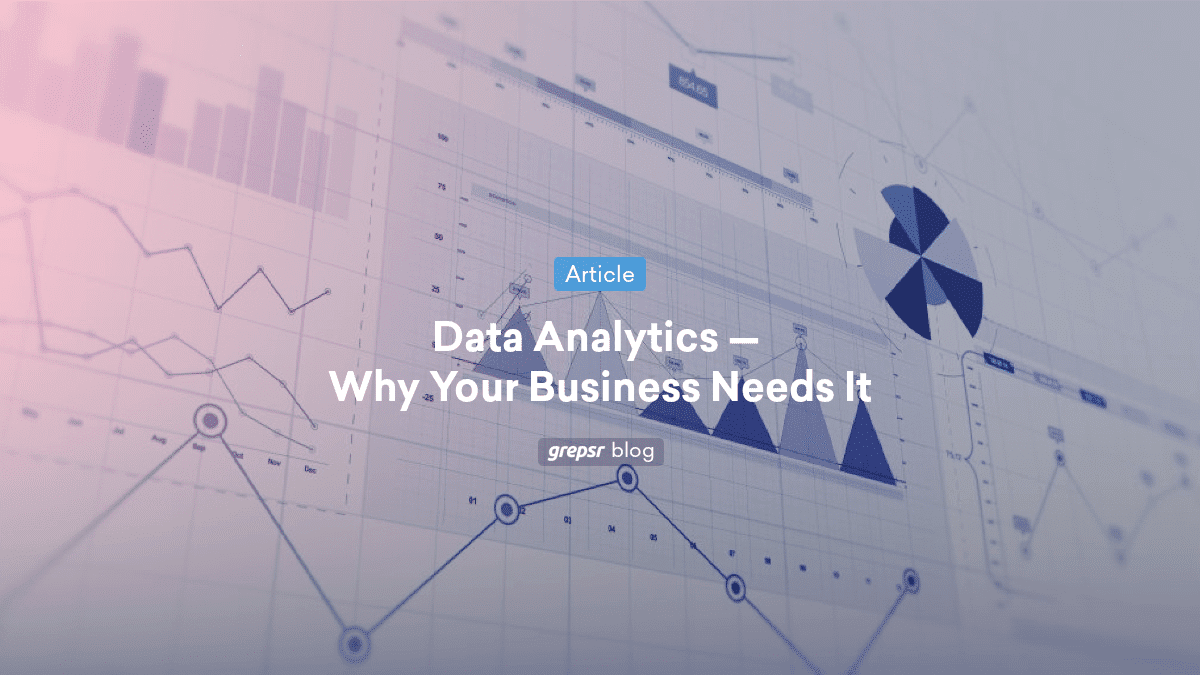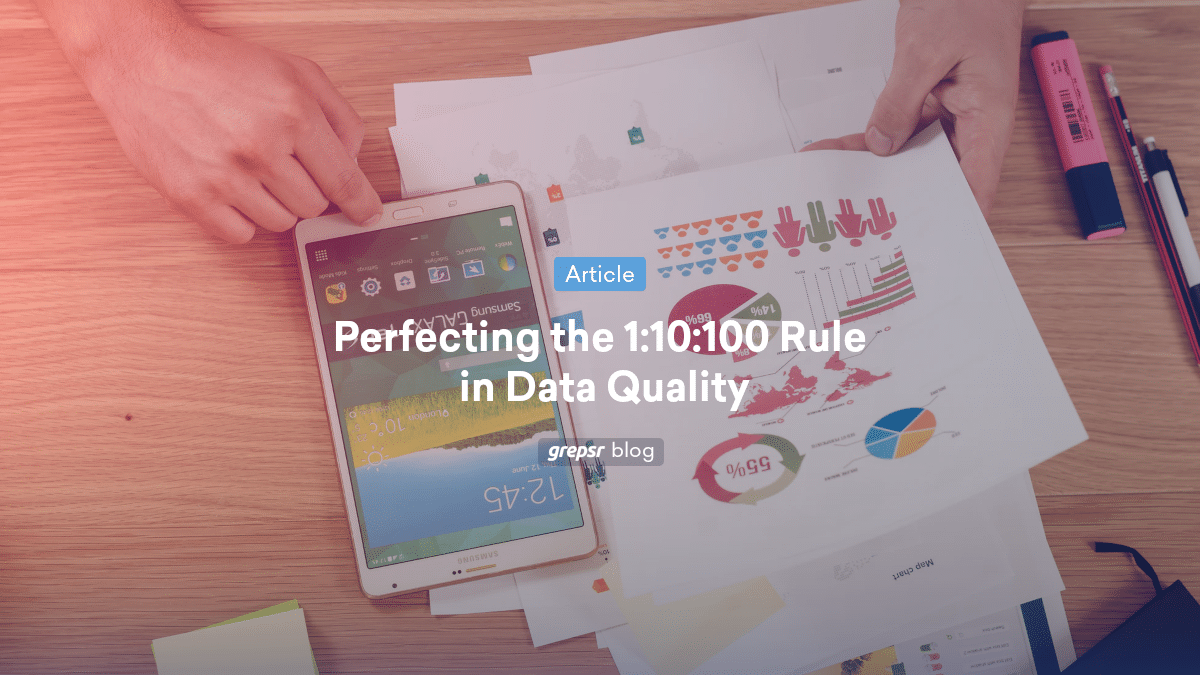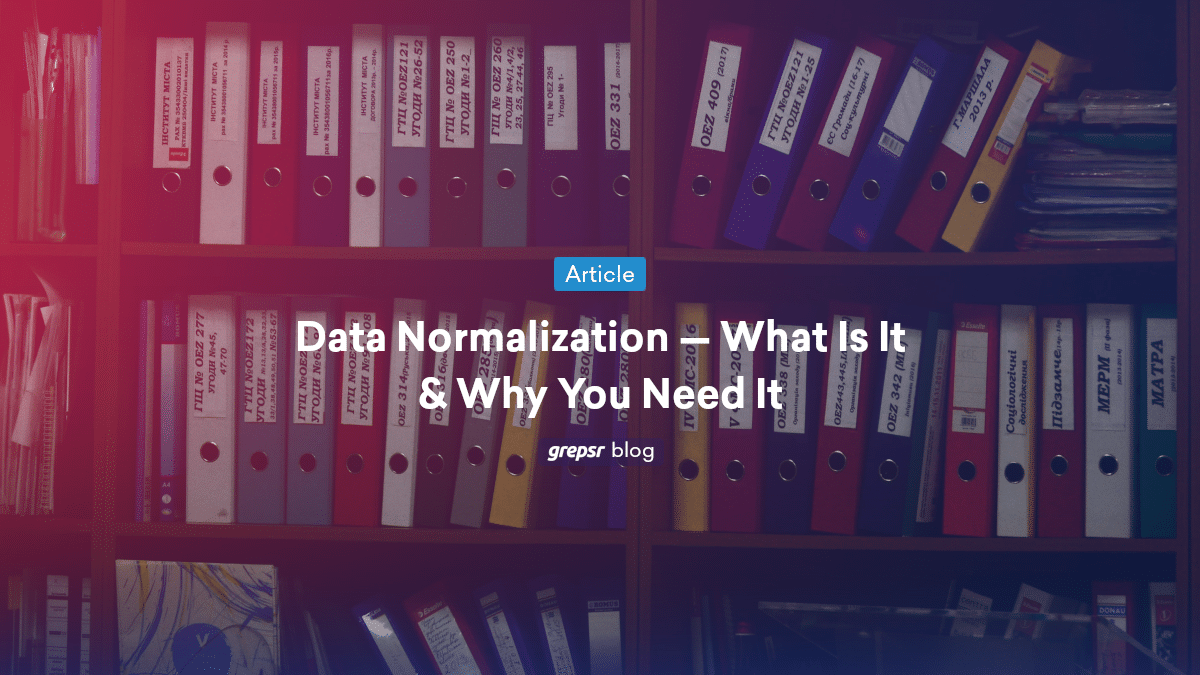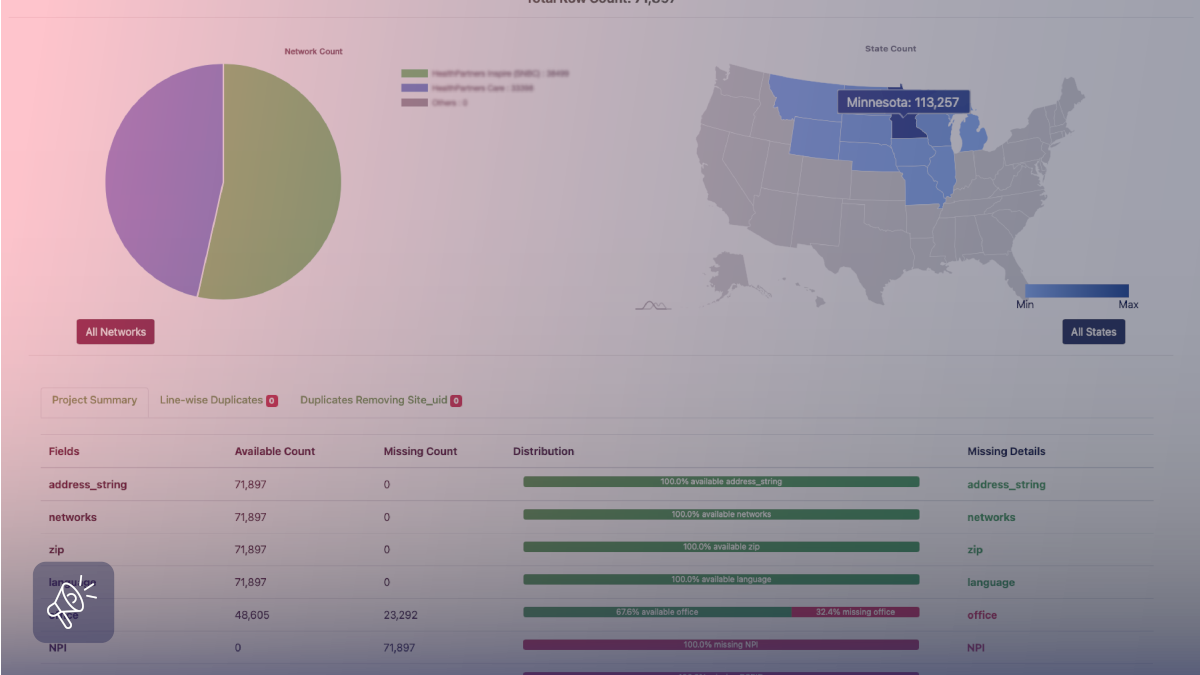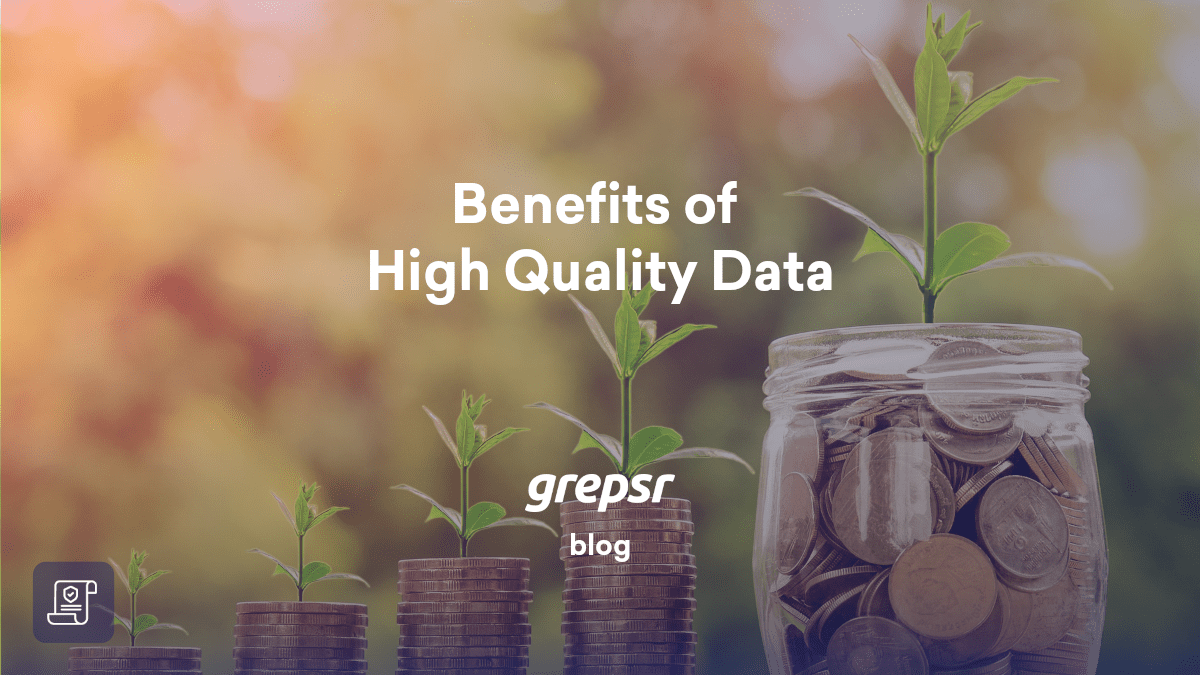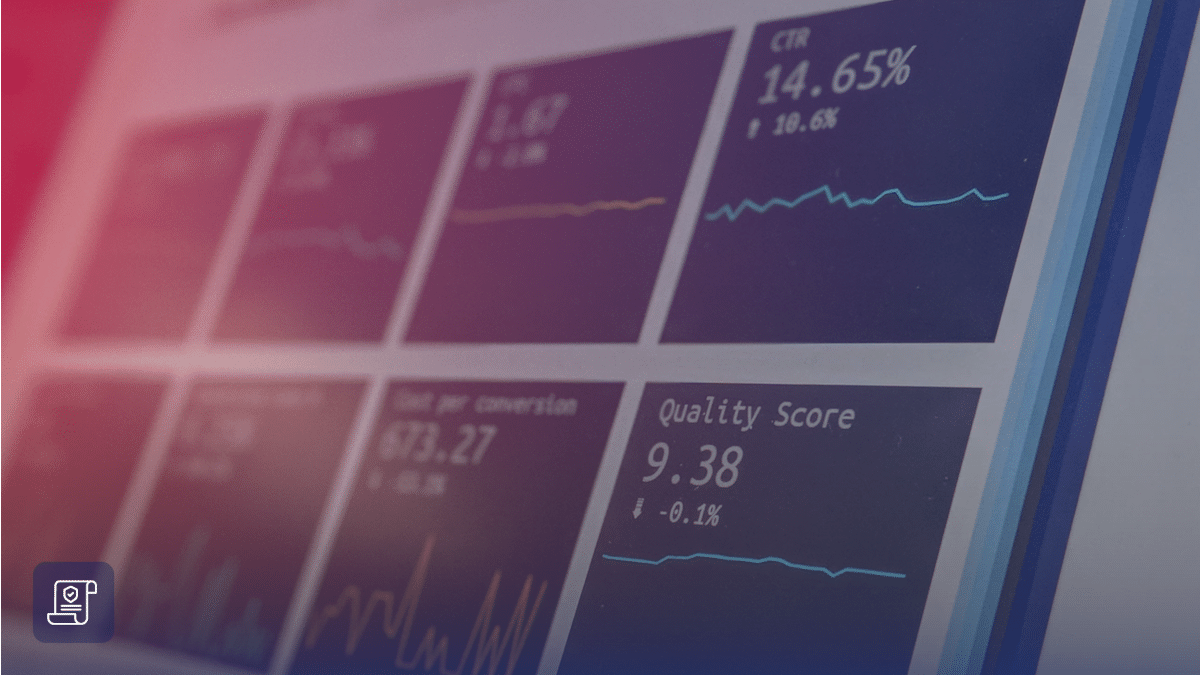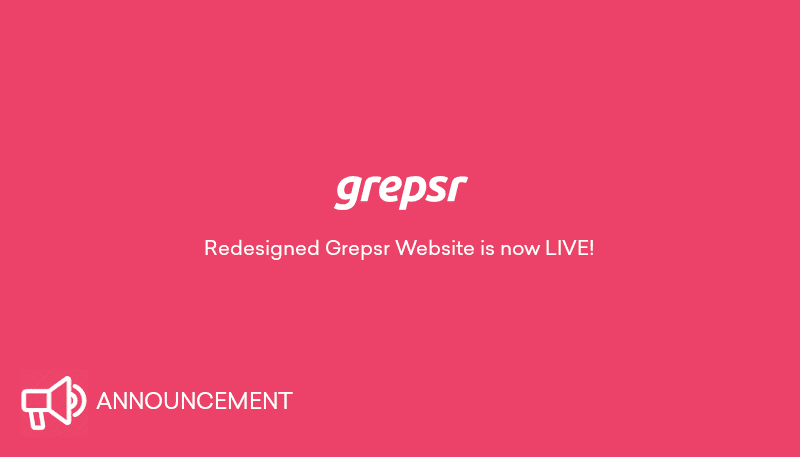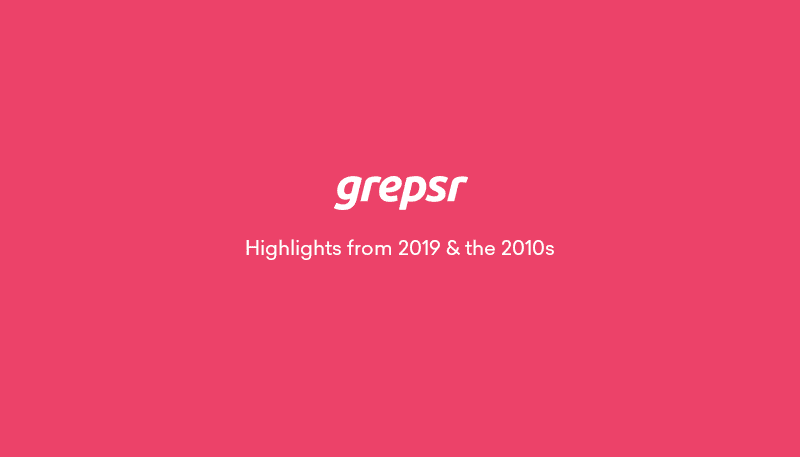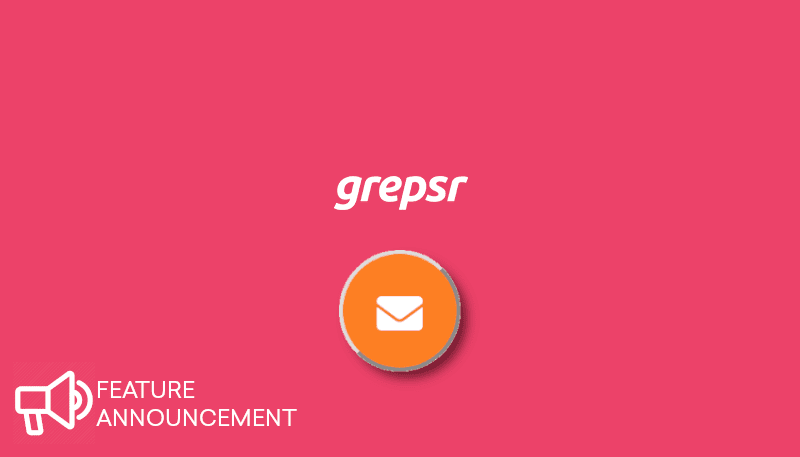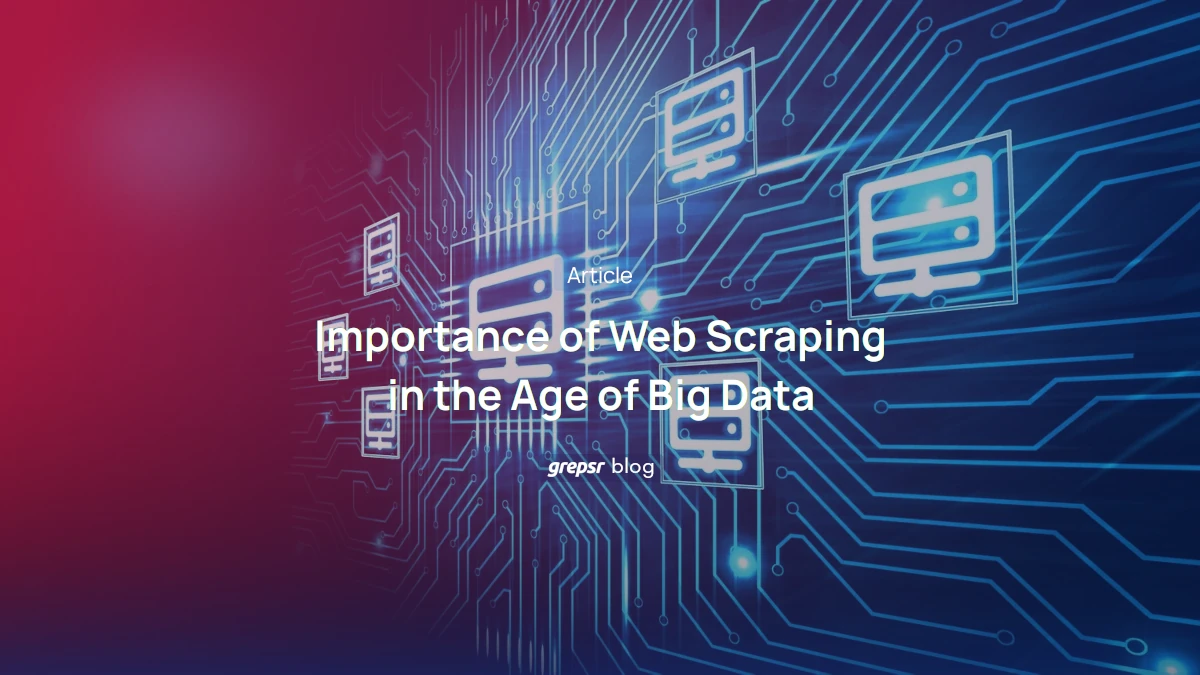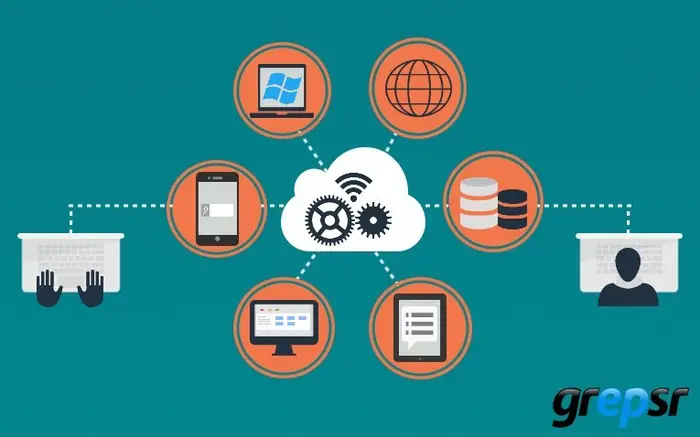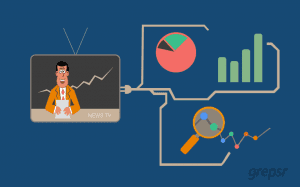With the rise in Global Big Data analytics, the market’s annual revenue is estimated to reach $68.09 billion by 2025.

Like the vast and deep ocean, Big Data encompasses huge volumes of diverse datasets that gradually mount with time. It refers to the enormous datasets that are far too complex to be handled by traditional data processing software.
It is quite a challenge and an opportunity or gold mine for those who navigate Big Data to unlock the hidden treasure holding immense values and insights from the information landscape.
As we already know, this information is comprised of both qualitative and quantitative data which we have already discussed in a previous blog.
Now in this article, we will learn how enterprises can leverage web scraping services to extract qualitative data and uncover insights.
Significance of Qualitative Data
The data that is subjective of individual experiences and personal differences is qualitative data.
Qualitative data consists of data that are non-numeric. Most of the time it is expressed in the form of texts. They give answers to the “why” or “how” questions from observed patterns.
For example answers to open-ended questions from a survey, customer reviews, taste of candy, texture of a cloth, etc.
It is a significant part of a research or case study. Qualitative research portrays in-depth insights into an individual or a community problem or situation.
It also comprises personal biases and individual differences because qualitative data is subjective.
Qualitative data holds significant value for several reasons.
- It provides rich and deep understandings into a context surrounding a topic with more nuances, and its meanings that quantitative data alone may not fully comprise.
- When exploring a phenomenon, it builds upon the initial hypothesis and refines the research question for further investigation.
- It is flexible and can adapt to diverse settings so you can tailor the methods according to people. And you can suit their context and objectives.
- Policymakers, practitioners, and people of authority can use qualitative data to create more strategically appropriate and effective solutions for community issues.
If you wish to learn more about qualitative data and its analysis methods, refer to this article:
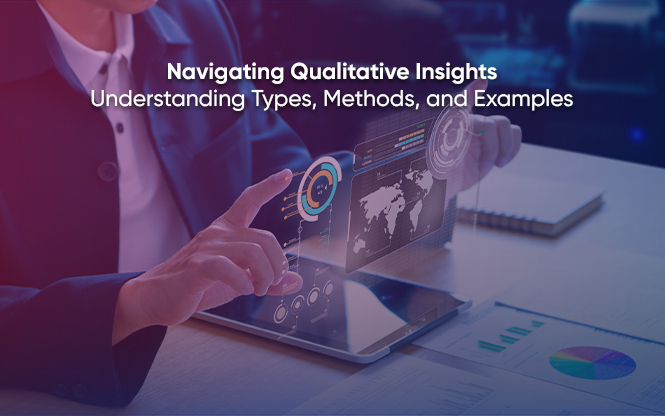
Web Scraping Tools and Services
Web scraping is an essential practice for businesses of all sizes, whether they are small start-ups or huge established enterprises.
It involves extracting data from websites to gain insights and fuel strategic decision-making.
There are two options for businesses looking to implement web scraping: web scraping tools or web scraping services.
By carefully considering the pros and cons of each option, businesses can choose the best data solution that will help them leverage data effectively and achieve their goals.
Here’s a side-by-side comparison of both data collection solutions: web scraping tools vs. web scraping services
| Web Scraping Tools | Web Scraping Services |
| It is a DIY tool or software that is either a web extension, add-on, or plug-in that you can install in your system. | It is a data-as-a-service, DaaS platform where you can outsource your data requirements to industry specialists. |
| It is cost-efficient as you can buy a certain amount of credits for small requirements & low-scale scraping jobs. | It is cost as well as time-efficient as it is scalable, saves time for meaningful work, and is customizable as per the client’s needs. |
| Tools are designed for specific websites and generic layouts. | Services are flexible as they can set up individual crawlers to extract specific data points. |
| Tools may not guarantee the accuracy and quality of the dataset because of the way it is built for generic architecture. | DaaS platforms guarantee the quality of data as it consists of a dedicated team of QA audit experts to run tests for the highest degree of accuracy and reliability. |

Real-world Example
Suppose you’re the head of the customer service representative of the global giant Swedish multinational conglomerate known to the world as IKEA.
Now as a big enterprise, you can benefit greatly from extracting customer reviews and ratings from the products that are selling at a very slow pace or not selling at all.
Customer reviews are the finest forms of qualitative data that you can incorporate into your business’s decision-making process. Since there are thousands of reviews on a single product in IKEA, the extraction process by the in-house team or a limited version of scraper tools is ineffective and time-consuming.
Opting for an external data partner in this situation is the best decision you can make as this is a large-scale project where there are thousands of data fields to scrape information from.
By analyzing how the customers feel about a particular product, you can unravel valuable findings.
Such as what is the reason that makes the product unlikeable and unwantable for shoppers. Similarly, your research and development team can figure out how and what you can do differently either design-wise or materials-wise so that you can make the necessary changes.
Finally, you can improve the company’s product catalog, enhance customer service, and enrich buyer experience with data-driven insights.
Advantages of Web Scraping Services for Qualitative Data Collection
Web scraping solutions offer multiple benefits for qualitative data extraction than web scraping, tools, software, or browser extensions.
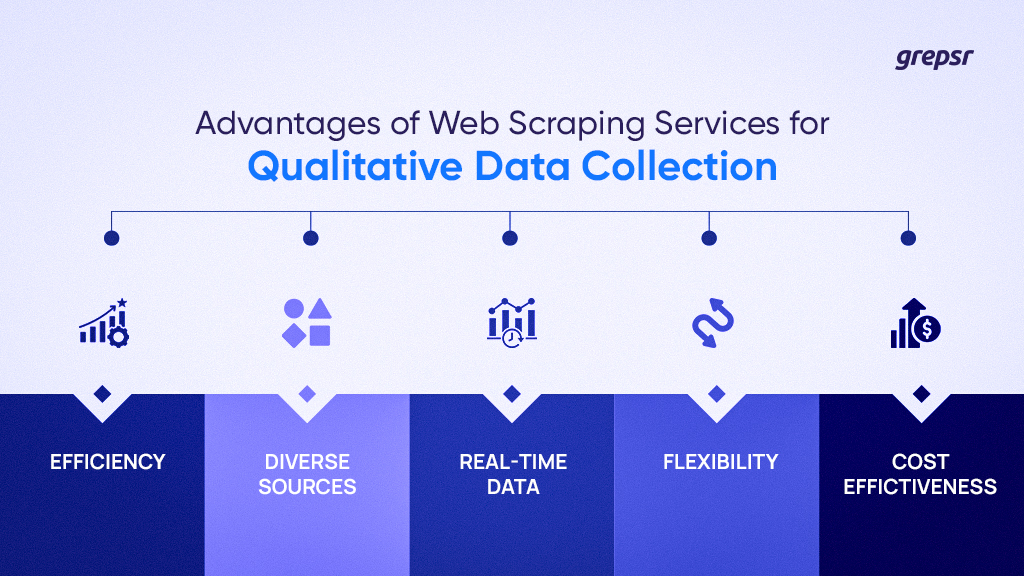
- Efficiency: DaaS platforms like Grepsr automate the collection of large volumes of qualitative data from thousands of pages within minutes. Then, we quickly send it to your preferred channel for further analysis.
- Diverse Sources: Services have seasoned experts who can gather qualitative data from a broad range of web platforms such as social media, discussion forums, and blogs so you can get twice as much data in a short time.
- Real-time Data: By adapting a service, you can access real-time up-to-date qualitative data and gain insights into evolving trends, opinions, and experiences of the people in your industry.
- Flexibility: Web scraping services allow for the collection of qualitative data in a customized manner to meet specific requirements. Additionally, these services offer flexibility in the analysis procedure.
- Cost-effectiveness: Since it involves minimal human efforts and enables the automation of the crawler to scrape content on a large scale. Eventually, external data partners are more cost-effective than traditional methods for gathering qualitative data, like interviews, or focus groups.
Conclusion
To sum up, embracing web scraping services for qualitative data extraction has become a necessity in today’s data-driven landscape.
Data extraction services offer outstanding efficiency, diverse data sources, real-time insights, flexibility, and cost-effectiveness. Thus, it is a transformative facet for businesses seeking to navigate the complexities of Big Data and drive success.
Start harnessing the power of qualitative data with reliable and professionally managed data extraction services today.

